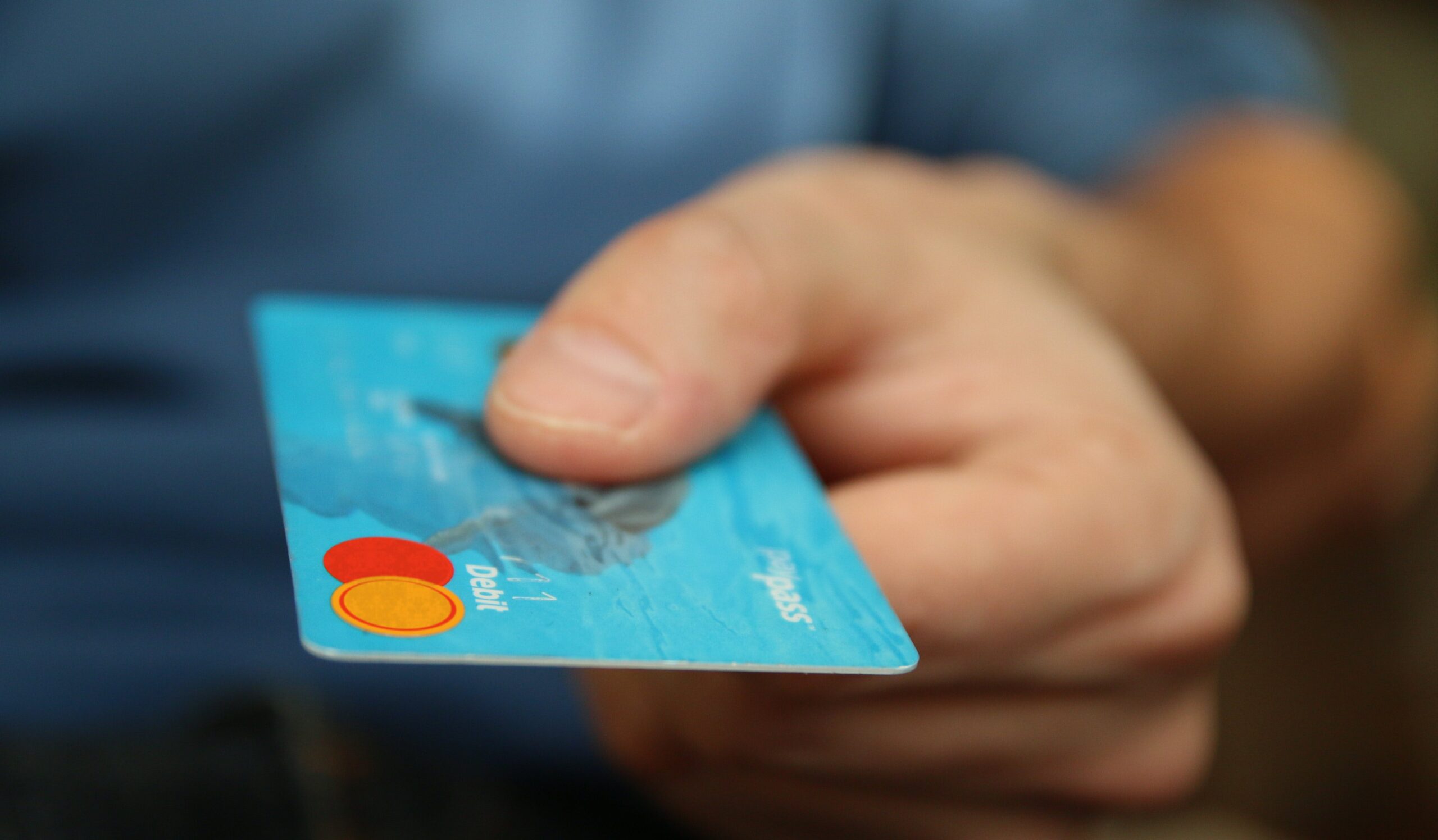Losing a wallet can be a distressing experience, not just because of the potential loss of cash and identification but also due to the fear of misuse of credit cards and debit cards. In today’s technologically advanced world, many individuals wonder if it’s possible to track a lost wallet through the credit or debit cards inside. Let’s explore the possibilities and limitations of such tracking methods.
Firstly, it’s important to understand that credit and debit cards themselves don’t have built-in GPS tracking capabilities. Unlike some electronic devices, these cards don’t emit signals that can be used to pinpoint their location. However, there are indirect ways in which the activity on these cards might be monitored.
When you lose your wallet, one of the first steps you should take is to contact your bank or credit card issuer. Most financial institutions have a 24/7 customer service hotline for reporting lost or stolen cards. Once you report the loss, the card issuer can suspend or block the card to prevent unauthorized transactions. This quick action helps minimize the potential financial impact of losing your wallet.
While the card issuer can’t track the physical location of your lost wallet, they can monitor and flag any unusual transactions. Modern fraud detection systems are sophisticated, using algorithms to identify patterns and trends associated with fraudulent activities. If someone tries to make unauthorized transactions with your lost cards, the bank’s system may detect the unusual behavior and take preventive measures.
In some cases, the bank might alert you to suspicious activity or transactions, allowing you to confirm or deny them. This adds an extra layer of security and gives you a chance to take immediate action. However, relying solely on this method to retrieve a lost wallet is not foolproof.
Apart from contacting your bank, you should also file a police report about the lost wallet. While the police may not actively track your wallet, having an official report on file can be crucial if you later discover fraudulent activities linked to your lost cards. It can serve as documentation when dealing with your bank or credit card issuer to dispute unauthorized transactions.
Additionally, if you have installed mobile banking apps, these can be valuable tools in monitoring and managing your accounts. Some apps provide real-time notifications for transactions, allowing you to stay informed about any activity on your cards. Again, this doesn’t help track the physical location of your wallet but can help you detect and address unauthorized use promptly.
In conclusion, while credit and debit cards themselves do not have GPS tracking capabilities, swift action in reporting a lost wallet to your bank or credit card issuer is crucial. Timely reporting allows these institutions to suspend your cards and monitor for any suspicious activity. Combining this with a police report and vigilant use of mobile banking apps enhances your chances of minimizing the impact of a lost wallet. While you may not be able to directly track your wallet through your cards, taking these steps can help protect your financial assets and personal information.
